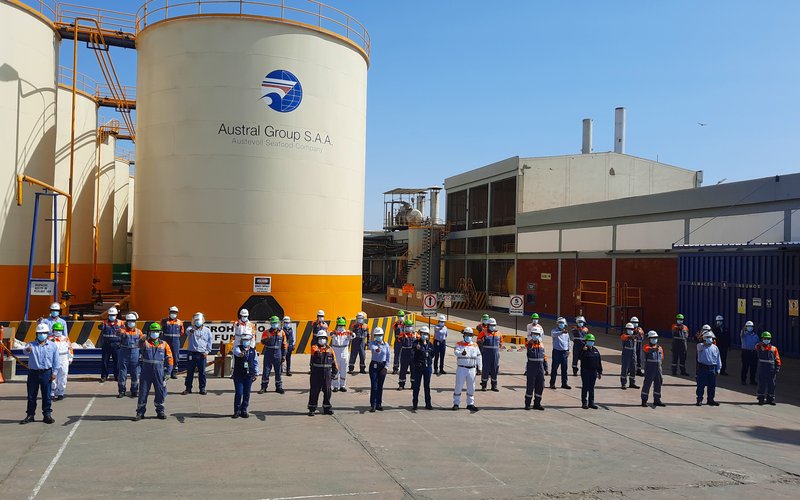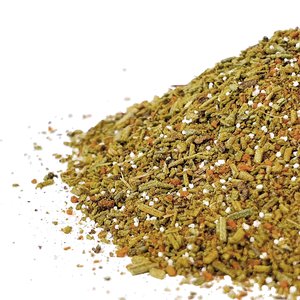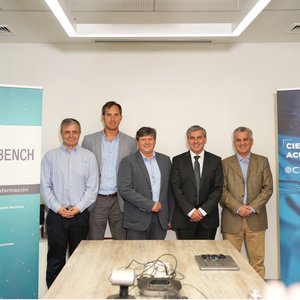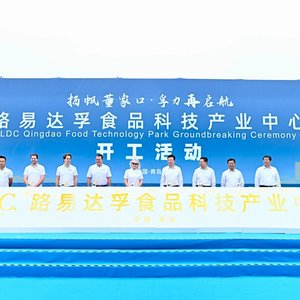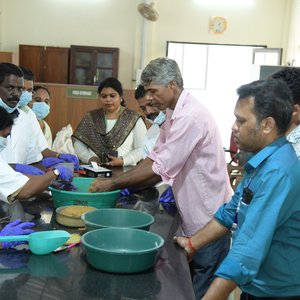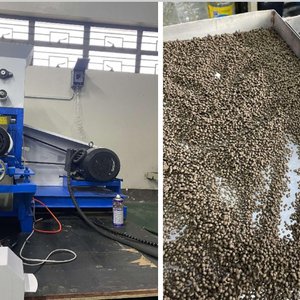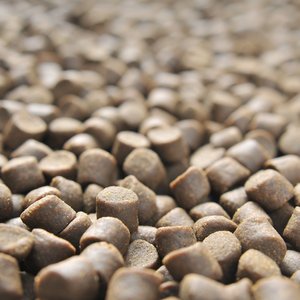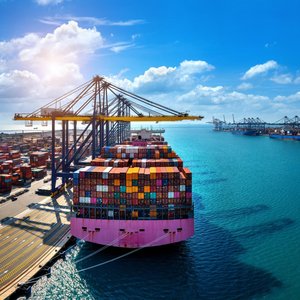Austral Group is the first fishing company in Peru to receive the Peru Limpio seal, granted by the Peruvian government through the Ministries of Production and the Environment. This seal is a recognition of compliance with the commitments established in the Clean Production Agreement (APL) signed two years ago, and the progress in indicators to reduce the impact of industrial fishing on climate change.
The recognition is given to companies from various sectors. In the case of Austral Group, its contribution to the promotion of the efficient use of resources and the integral management of solid waste with a circular economy approach is highlighted.
Six goals related to the production process and actions to improve environmental management in the areas where the company operates are:
- Recover dehydrated sludge generated by the treatment of equipment cleaning effluents from the plant in Chancay, north of Lima.
- Recover disused industrial fishing nets from Austral vessels at the Coishco plant (Áncash).
- Recover epoxy paint can waste at the Coishco (Áncash), Chancay (Lima) and Pisco (Ica) plants.
- Train and educate plant employees in solid waste management and good eco-efficiency practices.
- Develop environmental education actions with the artisanal fishermen of Caleta de Coishco.
- Provide support and impetus to the source segregation and waste collection program of a local government, in this case, the Municipality of Coishco.
Other sustainability certifications
Austral Group has been certified by MarinTrust since 2010, an international certification that promotes the sustainable management of the anchovy fishery, as well as responsible practices in the production of fishmeal and fish oil.
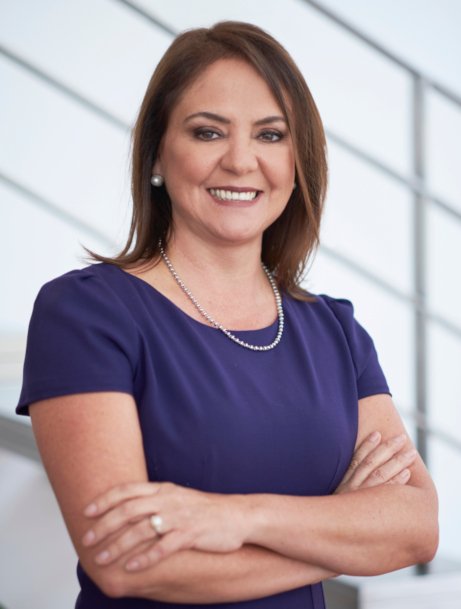
“With MarinTrust certification, we guarantee that our products come from a responsible and authorized fishery and that they are processed according to good manufacturing practices and in compliance with legal requirements,” Adriana Giudice, CEO of Austral Group, told Aquafeed.com in a recent interview. “The vast majority of the plants of companies associated with the National Fisheries Society already have this certification, which has allowed us, as a country, to continue leading the production of marine ingredients, based on the Peruvian anchovy.”
Austral Group has participated in the Socially Responsible Company Distinction, granted by Perú Sostenible, since 2012. This recognition seeks to publicize our responsible management in environmental, social and good corporate governance matters, as well as our commitment to our stakeholders.
The company has implemented the Stakeholders Sustainability Index (SSIndex) since 2018, a measurement tool through quantitative and qualitative surveys regarding the perception of sustainability issues that are carried out with stakeholders, such as collaborators, customers, suppliers and community. “It has allowed us to develop management strategies with each one of them. Measurements have reported high levels of satisfaction,” Giudice said.
The company has also received the Friend of the Sea seal since 2008 and is working, in coordination with other players in the sector, on the MSC certification for anchovy.
Finally, Austral Group is part of the Salvamares Program, an initiative that has two pillars: the identification of top predators during fishing operations, whose information is used to study the behavior of these species, and the correct release of those species such as sea turtles, penguins, dolphins, etc., that accidentally fall into the fishing nets.
Future challenges
Despite the efforts for a more sustainable fishing industry in Peru, there is still room for improvement. “We believe that the proper management that the Peruvian fishing industry has been carrying out should be replicated by artisanal fishing, through a right allocation system adapted to their reality, to avoid over-exploitation of resources that are dedicated for direct human consumption,” Giudice said.
“There are also various myths that we still have to demolish, related to the perception of industrial fishing; we need to raise awareness that our processes comply with regulations and have a controlled impact on the environment. The fishmeal and fish oil industry is committed to sustainable fishing and for this reason, we not only comply with legal regulations but also through the National Fisheries Society. We self-regulate, often imposing provisions that go beyond them,” Giudice explained.
She also highlighted that the Peruvian Sea, and especially the Humboldt Current, is very productive, but also highly variable in terms of climate. “The possible impact of climate change represents our main challenge to which we must adapt,” Giudice concluded.
The company
Austral Group has four fishmeal and fish oil production plant in Peru. China (55%) is the main destination for its fishmeal followed by Ecuador (14%), Germany (13%), Japan (6%) and Peru (5%), among others. Norway (47%) is the first market for its fish oil, followed by Peru (12%) and France (8%).


